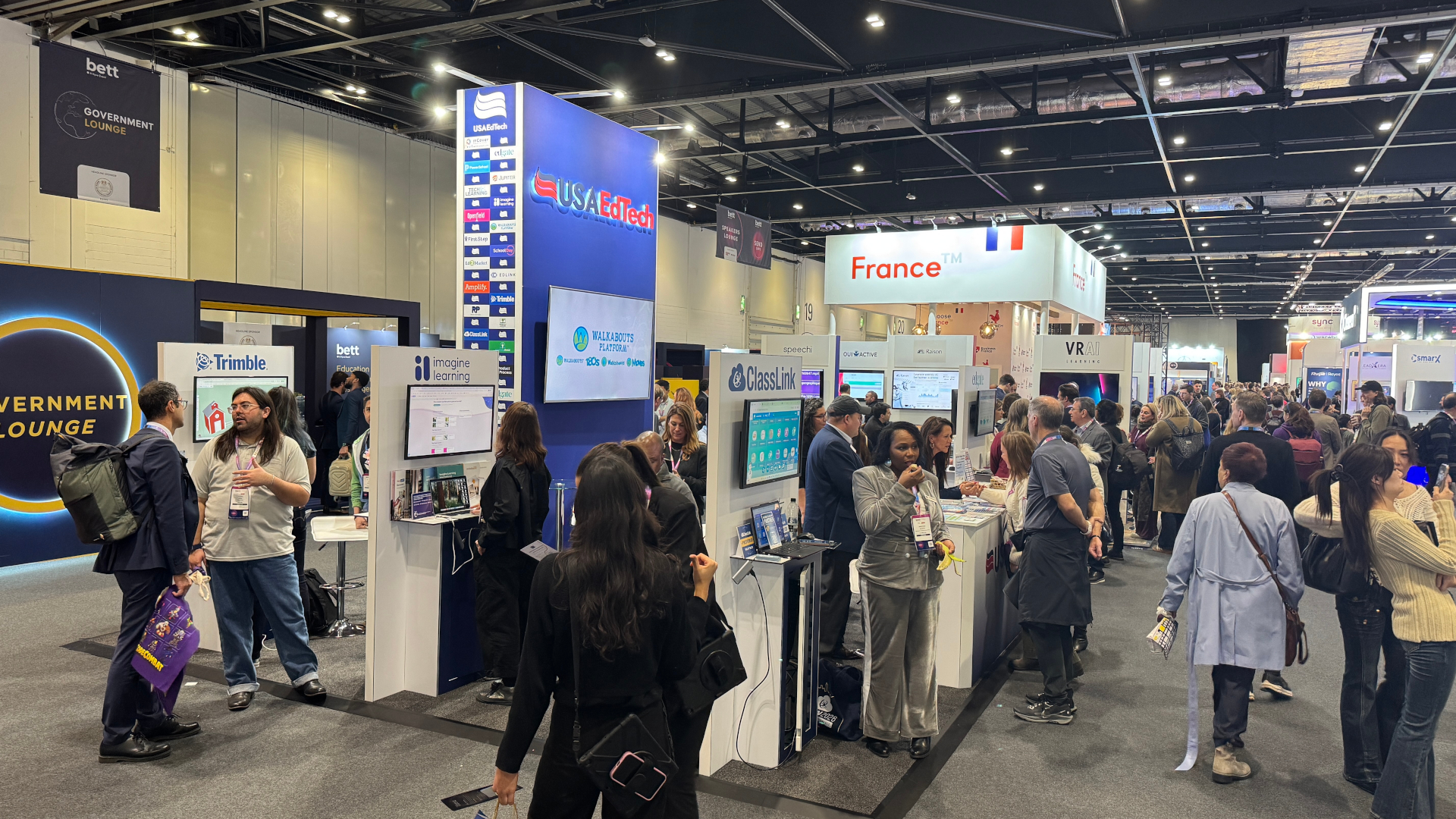9 Approaches to assessing Computing and ICT–#3: A Scoring System
Introduction
The DfE recently announced the winners of its Assessment Innovation Fund: https://www.gov.uk/government/news/schools-win-funds-to-develop-and-share-new-ways-of-assessing-pupils
The purpose of the fund was as follows:
By collecting and promoting examples of innovative approaches to assessment, we want to give schools ideas and options as they upgrade their systems in response to the removal of levels.
We are therefore asking schools and organisations to present their approaches to the Department: where needed, we can allocate funding (of up to £10,000 per unique application) to help create a simple, easy-to-use package for others schools to transfer and use in their own setting.
Each package will then be made freely available for other schools to access, download and use.
Over the next week or so I will report on the winners and the descriptions of their approach. These descriptions are more like thumbnail sketches at the moment. I have used them to suggest ways in which they might be adapted for use in assessing ICT and Computing. I hope you find these suggestions useful, or at least a good starting point for your own further work.
Tools and ideas to transform education. Sign up below.
In each case I have kept the text of the DfE’s announcement, and then added my thoughts under the heading “Applying this to Computing and ICT”.
Today: A scoring system.
Westminster Academy, London (secondary)
The academy uses a percentage score system to reflect a student’s mastery of the curriculum. Granular data on topics within the curriculum allows for high-quality formative feedback, which drives both teaching and independent learning. The school has found this easy for parents and pupils to understand. The curriculum is divided into discrete topics (approximately 15 per year), each of which are independently assessed by an in-class quiz, homework, and an end-of-term exam. An overall score is derived from performance for each topic, with an average produced to cover all topics. Teachers use formative assessment data to coordinate interventions and guide their planning.
David Thomas, the school’s joint maths curriculum lead, said:
Our system tells teachers, students and parents exactly how well a child is learning and exactly what they need to do to get better. By tracking what each student has learned we build one coherent picture of their knowledge from which to guide teaching and learning. There are no vague levels, just clear guidance on how to make even more progress.
Applying this to Computing and ICT
Breaking down the Computing curriculum into 15 discrete topics makes it manageable. However, if you are going to use a project-based learning approach then this would make each project quite short (around 2 weeks on average). So you would need to consider:
A) which topics would lend themselves to a 2 week project approach?
B) Could some topics be combined, such that one project lasting around 6 weeks could cover 3 topics?
C) Could you devise a curriculum that uses a combination of the two, ie have some discrete topics lasting a week or two, taught in a non project way, while bundling other topics together to make more substantial topics?
The scoring idea has a lot of scope and would be easy for people to understand. But the tracking would have to be extensive and very specific and precise in order to help pupils make further progress. Otherwise the scores could become “Levels” under another name. Adding together scores from different areas of the curriculum is not, on the face of it, very meaningful – but then again the same criticism can be levelled at adding the scores from different answers on a test paper. But that wouldn’t prevent pupils, parents and possibly even teachers from discussing and comparing overall scores as if they were meaningful.
Information from the DfE has been used in accordance with the terms of the Open Government Licence http://www.nationalarchives.gov.uk/doc/open-government-licence/version/2/
To read the first post in this series, please go to 9 Approaches to assessing Computing and ICT–#1: Skills Passport. To gain access to the whole series in one document, just sign up for Digital Education.
cross-posted at www.ictineducation.org
Terry Freedman is an independent educational ICT consultant with over 35 years of experience in education. He publishes the ICT in Education website and the newsletter “Digital Education."
